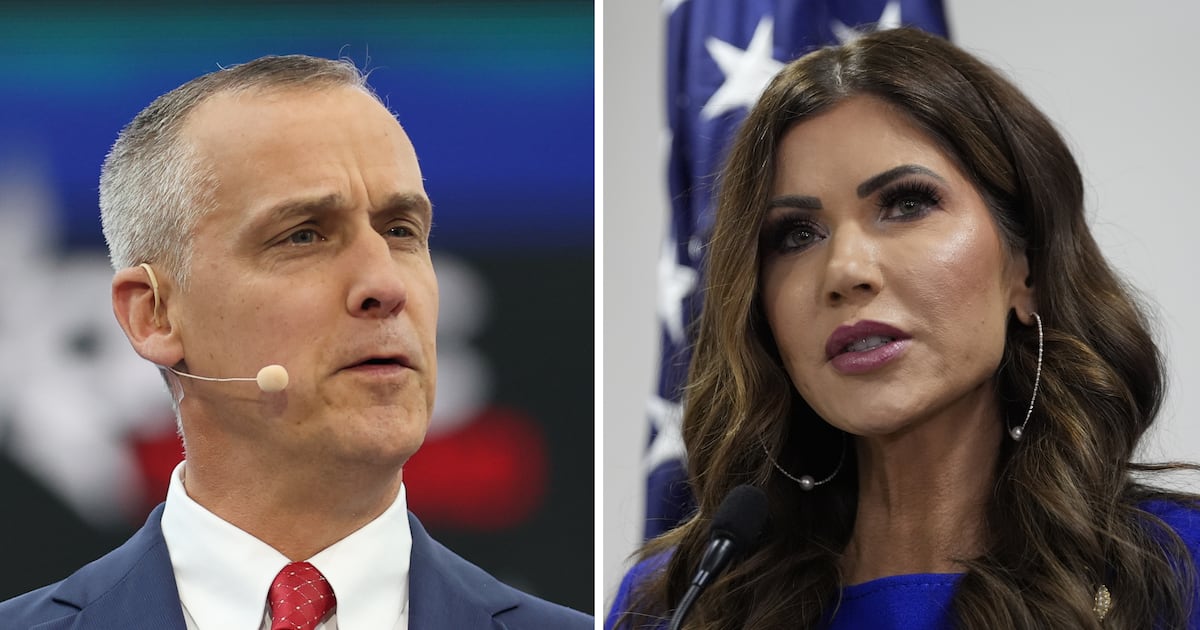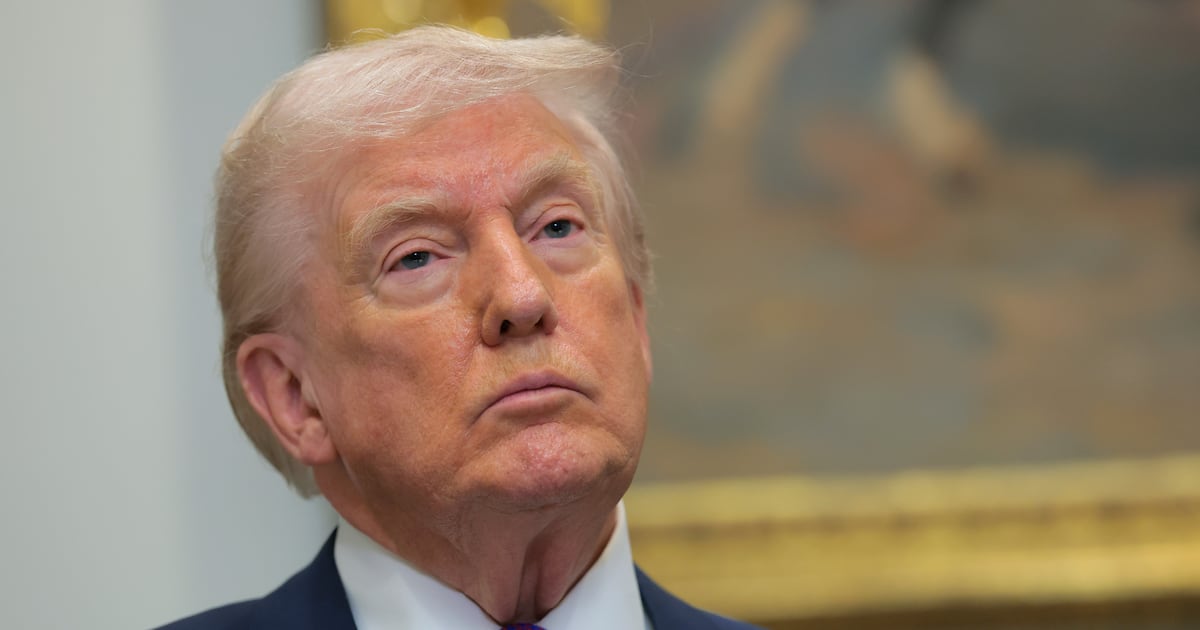It was a dramatic and sad scene Tuesday in the center of Luhansk. A powerful wind blew up clouds of dust, coating the flowers that locals had placed over the puddles of dried blood in front of the regional administration building, in memory of the eight people killed here the day before. On the ground were fragments of rockets and at least 21 craters, evidence of what separatists say were unguided air-to-surface missiles. The sky looked as if it could explode over the city at any moment. But people were still arriving at the square to share their stories.

Fortunately, the rockets had not hit the playground in a park nearby. Emotional witnesses described how five women who were chatting outside the building when the jet fired were killed on the spot, along with three men. Eleven more people were injured outside and inside the administration building Monday. But every conversation on the square Tuesday eventually turned to the unfairness of the official Ukrainian reports, which blamed the civilian deaths on pro-Russian rebels misfiring an anti-aircraft missile.
“Our new president, [Petro] Poroshenko, will have to explain to Obama why the authorities are lying to us and the entire world about this crime against the people in Luhansk,” bank manager Igor Brynkin told The Daily Beast. Brynkin happened to be in the park when the rockets hit just 150 feet away, and he rushed back to his bank and warned his clients and staff not to leave the building.
Nobody seemed too surprised that the Ukrainian military had cracked down on Luhansk, a separatist stronghold in eastern Ukraine. The governor of the self-proclaimed Luhansk People’s Republic, Valery Bolotov, had demanded that the entire population of the city, almost half a million people, “from big to little ones,” join the war to “wipe the Ukrainian military off the face of the Earth.” Bolotov also had called for Russia to deploy peacekeeping troops to eastern Ukraine. Here, as elsewhere in the east, armed separatists are occupying administrative buildings near parks and playgrounds.
Moscow has not ruled out the possibility of sending peacekeepers to the east. Describing Russia’s strategy, Kremlin adviser Sergei Markov said: “It is important for the anti-fascist movement to take over border guard bases, shoot down Ukrainian helicopters and airplanes, and provide humanitarian corridors for Russian volunteer forces to pour into Luhansk.”
All this looks set to play out, precisely, when Russian President Vladimir Putin is expected in France on June 5 and 6 to mark the 70th anniversary of D-Day. He and U.S. President Barack Obama will be hosted at separate dinners in Paris, and may or may not speak to each other during ceremonies in Normandy. Putin’s rhetoric, almost certainly, will be about peace while he is in Western Europe, but eastern Ukraine will be in flames.
On Tuesday at about 9:40 p.m., the sky over Luhansk exploded once more, first with red tracers and then with sustained gunfire that lasted for over an hour. The war Bolotov called for had descended on a Ukrainian Interior Ministry base. Bolotov’s forces had been laying siege to another base since Tuesday morning. One of the Luhansk region’s 12 border guard bases had stood its ground for more than 10 hours under heavy fire. In Mirny district, loudspeakers at a base under attack were playing the Ukrainian national anthem.
Over the course of two days, about 20 Ukrainian soldiers had deserted, but more than 100 remained at their posts. The Daily Beast spoke to two soldiers inside the base by phone—they were “not ready to fight until the last drop of blood,” Sergeant Nikolai said, and many of his friends “wished they could go home, back to their families.” How long would this strange war between brother Slavs continue?
On the destroyed square, a group of bearded Russians from a Moscow-based movement, The Light Rus, said they were cooperating with the Russian authorities: “We prefer to say that the Kremlin works with us, and not us with the Kremlin,” said Vladimir Morozov, who identified himself as their “ideological leader.” The Light Rus has participated in annual nationalist parades known as the Russkiy March; the activists arriving in Luhansk had witnessed military conflicts before, including the war in Georgia in 2008.
They wore militia uniforms, black T-shirts with the word “Reserve” on them. The Moscow activists claimed that they had “broken through” and crossed the Ukrainian border illegally the night before to deliver two minibuses of humanitarian aid and establish “a humanitarian corridor” from Russia to Ukraine. It took the group three days to find a hole in the Ukrainian border to get through—and predictably, the hole happened to be in the Luhansk region. “Luhansk has already won the war against Kiev,” Morozov said. “The locals will not forgive an air strike on civilians.”
UPDATE: By 6:00 a.m. both the National Guard base that was fired at last night and the border guard base full of weapons and ammunition were taken over by pro-Russian rebels. National Guard soldiers and interior ministry troops took off their uniforms and left. The only strategic point still controlled by Ukrainian forces is the city airport. Otherwise, Luhansk, the closest big Ukrainian city to the Russian border has fallen under the rebels’ control.






